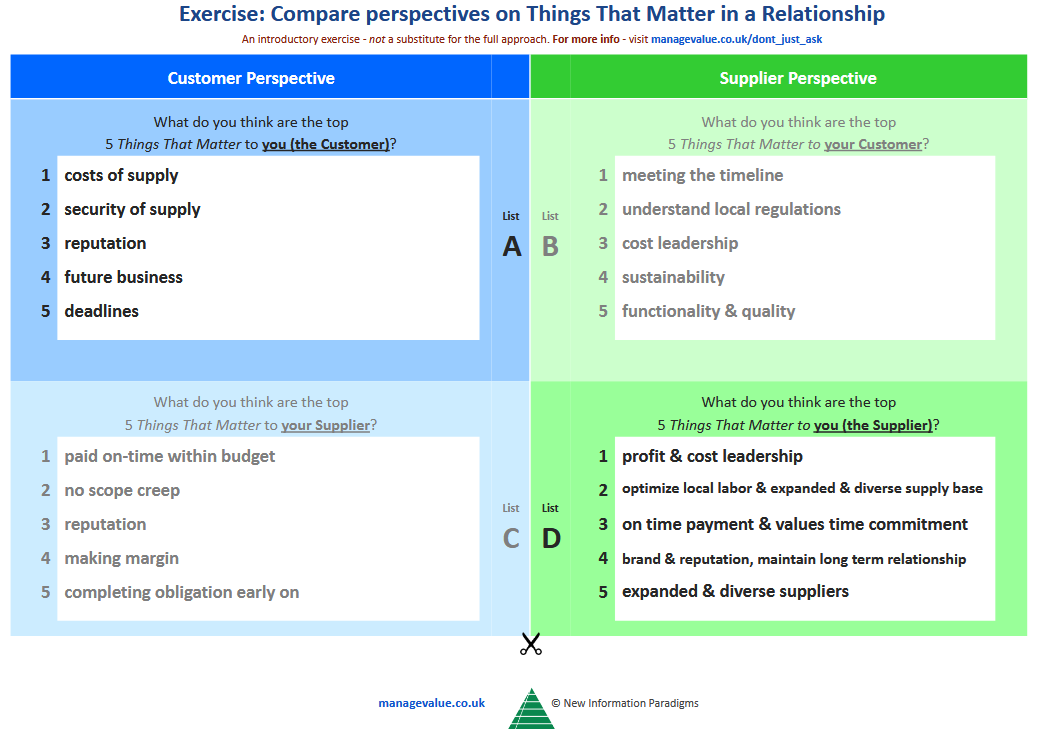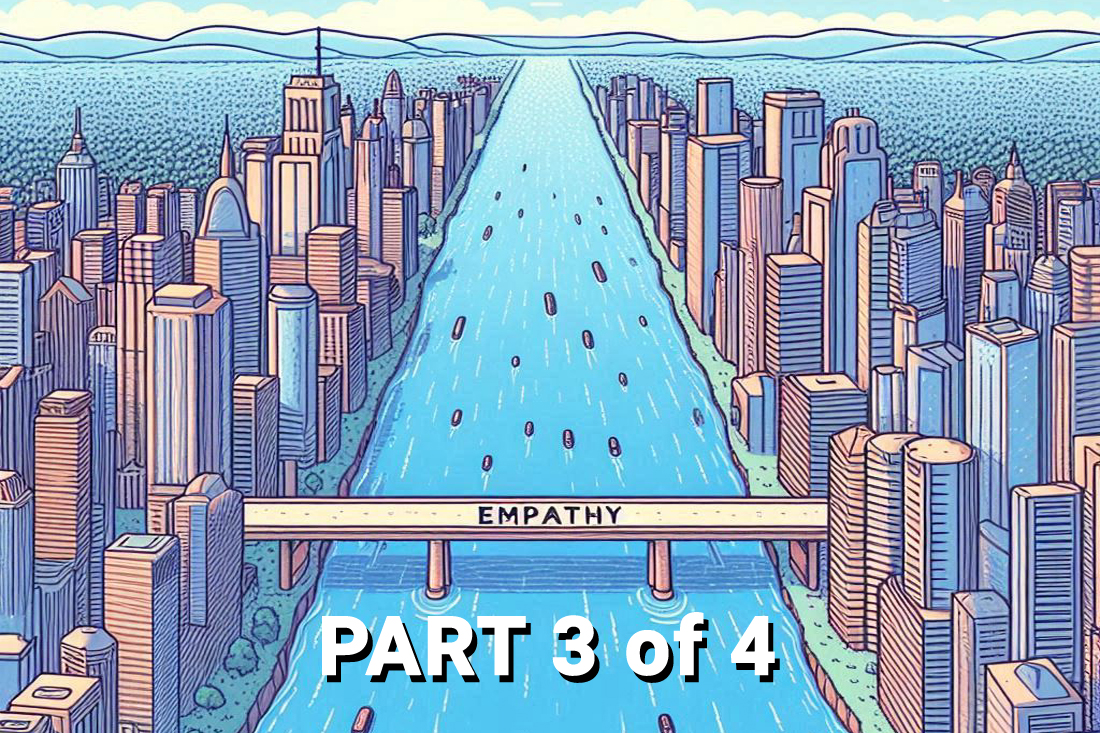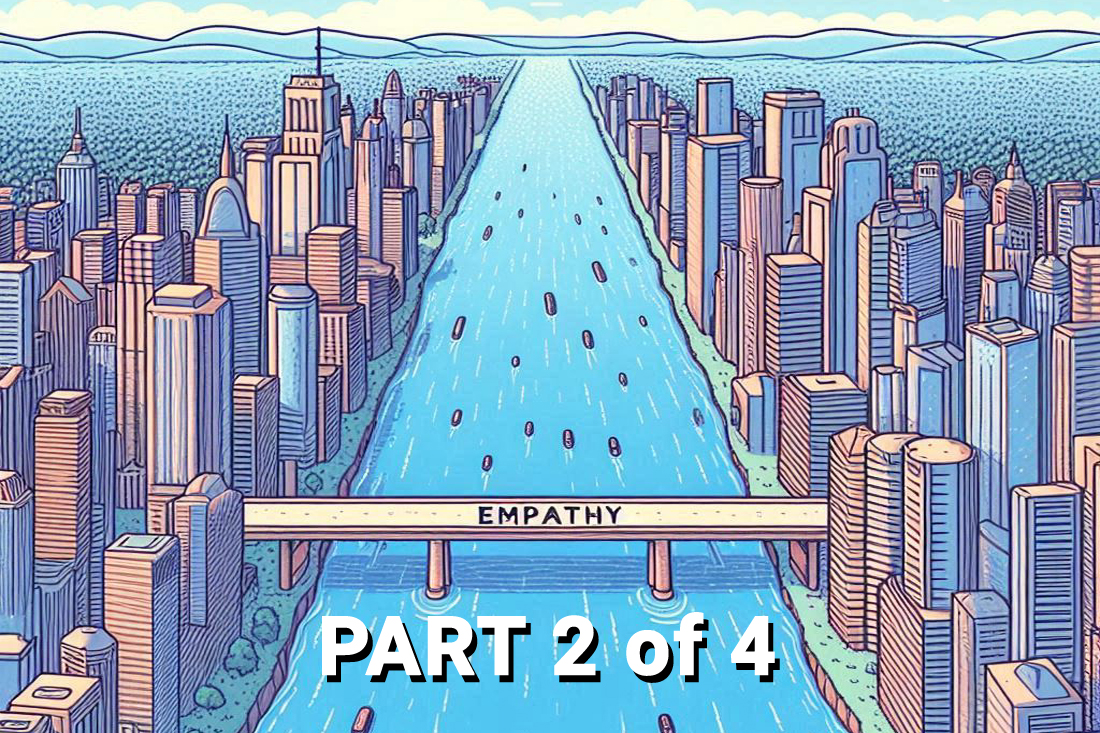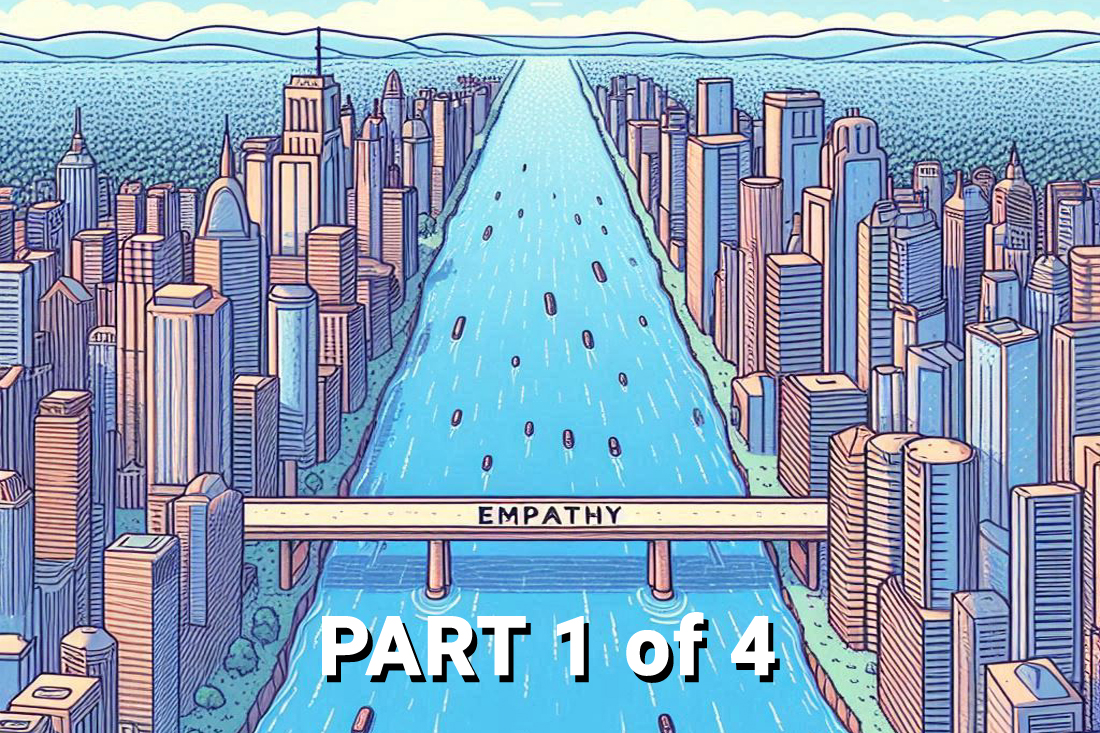Enhancing Contract Management
There is an increasing awareness that contracts – at least as currently used – are not fit for purpose, and that they often work against the quality and effectiveness of the relationship:
- They can’t anticipate or respond quickly to unexpected developments, creating gaps and a rush to try and renegotiate or redefine terms.
- They usually aren’t readily understandable, applicable and usable at the front line – especially where quick decisions are needed.
- Most of all, they can’t capture the crucial subjective Things That Matter.
Whilst contracts will remain an indispensable tool, providing crucial legal and operational detail, something else is needed to help contract and relationship management keep pace.
Our Contractual Relationship Diagnostic provides a powerful first step here.
It illustrates – and provides a starting point for – how Value Management can be used to reach a mutually-agreed complement to the contract that focuses on the (primarily subjective) Things That Matter that the contract doesn’t/can’t cover.
It’s illustrative in that its contents aggregate learning from across relationships, rather than being specific to any one relationship; it’s a starting point, because it can be adapted over time in any given relationship.
Otherwise, the way that Value Management is applied in contractual relationships is:
- The Three Step Process is used to clarify, personalise and agree the Things That Matter between the parties, expressing strategic value in a shared language: a completely new approach to encapsulating the relationship.
- As well as then keeping these “alongside” the contract, the agreed Things That Matter can be published and circulated so that everyone knows what is valuable and so that actions taken are consistent with what has been agreed to matter.
- This could be global – everything shown to everyone – and/or targeted subsets of Things That Matter highlighted to specific groups.
- The Things That Matter are then reworked into Value Codes, such that agreed priorities are expressed as to how they look in practice and can be added to the contract complement.
Finally, the Value Codes are assembled into a diagnostic: a completely new way of managing the relationship, where – alongside existing contract management activities – the parties evaluate and agree current performance levels, set targets and take action in key areas where this was previously not possible.
At scale, the Value Codes are evaluated by all involved, with the option for them to propose improvement actions; divergence is discussed and resolved; a current state and a desired state are agreed for each Value Code.
As things improve, the contract complement can be updated – a dynamic expression and management of the relationship in a way that a traditional contract never can be.

Featured content:
- The Contractual Relationship Diagnostic and how it helps widen the focus of contract management
- How the Three Steps to Value can Transform Contracting
Our Contract Complement System:
Articles related to Contract Management:
Empathy: the Missing Piece of the Collaboration Puzzle
Commercial relationships are struggling, and nowhere is this more true than in collaborative relationships. Such relationships are where Complexity – from both inside and outside the relationship – is highest, and where the fatal flaws in how we typically operate are most clearly (and devastatingly)…
Misalignment on Things That Matter: Proving the Point
The Things That Matter aren’t clear or aligned in our relationships. This missing empathy is what is inhibiting understanding, preventing the management of differences, and hampering authentic collaboration. All of this – and more – was demonstrated through a recent workshop exercise we ran….
Things That Matter: Operationalizing Empathy: Part 4: Harnessing Empathy
How do you harness empathy between organizations? By deploying Value Codes at scale to establish the current state, set targets, and iterate to demonstrate ROI. And we’ll also see proof that this works…!…
Relationships: The Will May Be There… But The Way Isn’t
In our latest webinar on the Things That Matter, polls demonstrated that the will to understand partners may be there, but the way isn’t. Well-intended personal contact tries and fails to plug that gap, with negative and challenging experiences continuing to dominate relationships. This isn’t…
Things That Matter: Operationalizing Empathy: Part 3: Encapsulating Empathy
How do you go encapsulate empathy between organizations? By capturing the Things That Matter and then re-expressing them as Value Codes – an absolutely pivotal process….
Things That Matter: Operationalizing Empathy: Part 2: Establishing Empathy
How do you go about achieving empathy between organizations? By following the Three Step Process, entirely built on and around empathy. And it starts with establishing empathy: surfacing what matters….
Things That Matter: Operationalizing Empathy: Part 1: the Need
Empathy is the root of better relationships. We know this on a personal level. But empathy – actively understanding and responding to the other party’s perspective and priorities – is often almost entirely missing between organizations. Why does this matter?…
Just Asking About Things That Matter: Necessary but not Sufficient
When people begin grasping the significance of Things That Matter, they often rush to pop the “what matters to you?” question to colleagues and counterparts. That’s a great start and it’s necessary, but it’s not sufficient. Fail to realize this, and you’ll waste the opportunity…
Request an invitation
Request an invitation to self-diagnose the symptoms of what’s not working in your strategic relationship by sending us the following information.








